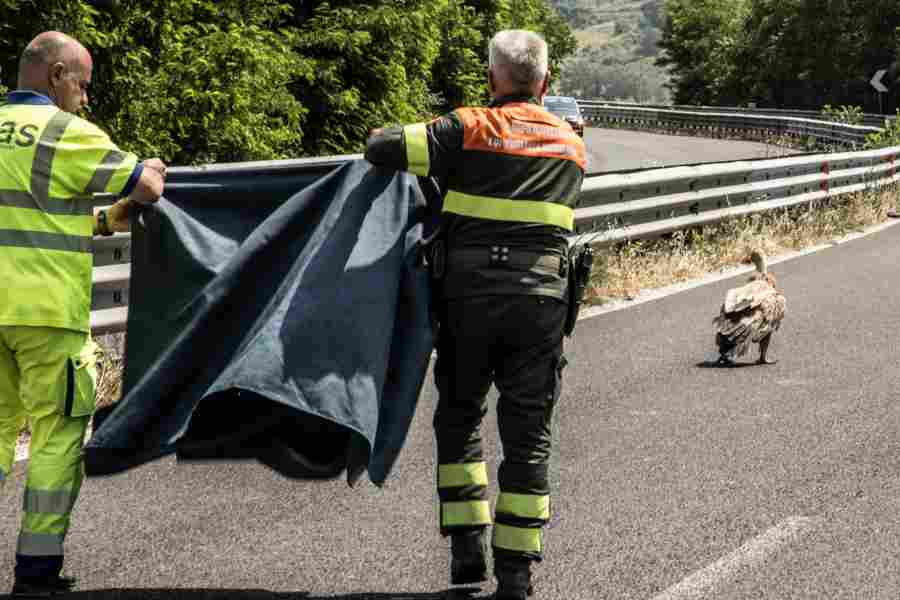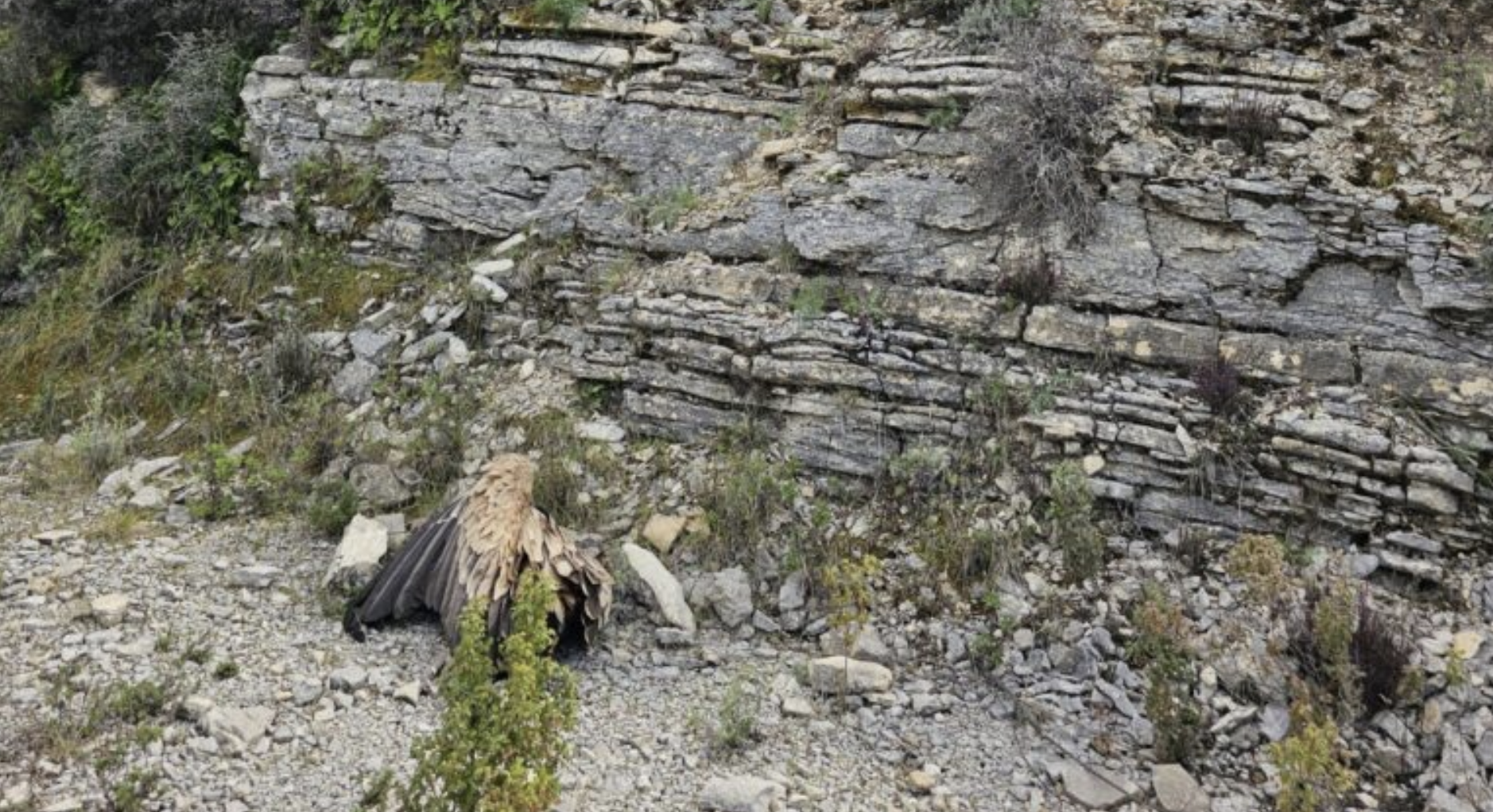One of the objectives of the Balkan Anti-poison project (BAPP), an integral part of the Mediterranean Anti-poison project funded by the Mava Foundation and coordinated by VCF, is to develop national anti-poison road maps in 5 countries (Greece, Macedonia, Albania, Bosnia & Herzegovina & Croatia).
The process started in earnest this week, when the first national workshop took place in Tirana on the 15th of May, organized by the Albanian Ornithological Society (AOS). The main goal of this meeting was to gather basic knowledge of issues related to vulture and wildlife poisoning in general, and more importantly to ensure governmental engagement and support in tackling this threat through establishment of a National Anti-poison Working Group (NAWG). Some of the most important stakeholders from Albania attended the meeting, including representatives from the Ministry of Tourism and Environment, National Inspectorate of Environment and Forestry, Faculty of Science “University of Tirana”, Regional Administrate of Protected Areas-Gjirokastra, Regional Administrate of Protected Areas-Berati, Regional Administrate of Protected Areas-Vlora, Food Safety and Veterinary Institute and representative from the hunting sector. The Albanian nature conservation NGOs of were also there: Albanian Ornithological Society (AOS) and Protection and Preservation of Nature Environment in Albania (PPNEA), both organizations partners within the BAPP.
After constructive debates, and through thorough gap analysis, several important conclusions were made, which will serve as a solid foundation for future work related to combat the use of poison in Albania. Unclear and somewhat inadequate national legislation, absence of proper protocols, as well as very low awareness of general public and relevant institutions regarding wildlife poisoning are probably the first obstacles that we need to tackle in order to prepare a national road-map or strategy to fight poisoning in Albania. The almost complete lack of data on poisoning incidents, as well as very low capacities for toxicological analysis have also been recognized as priority issues that we will need to address during the implementation of the BAPP in Albania.
It is important to note that very positive feedback was given by representatives from governmental sector, who expressed their will and commitment in participating in the future work of the NAWG in drafting the National Anti-poison Road Map. These are the first steps in ensuring a better future for vultures in Albania. During the course of the meeting a new Life project (Urgent Action to Strengthen the Balkan Population of the Egyptian Vulture and Secure Its Flyway LIFE16 NAT/BG/000874), led by our colleagues from BPSB, was also presented, with focus on the activities planned to be implemented in Albania. With joint efforts from both projects, we can say that the future for vultures in Albania looks a bit brighter.
The BAAP project is directly contributing into the implementation of the Vulture MsAP, the global blueprint for old world vulture conservation, approved last year by the Convention for Migratory Species, by implementing anti-poisoning actions in Albania, Bosnia and Herzegovina, Croatia, Greece and Macedonia.



